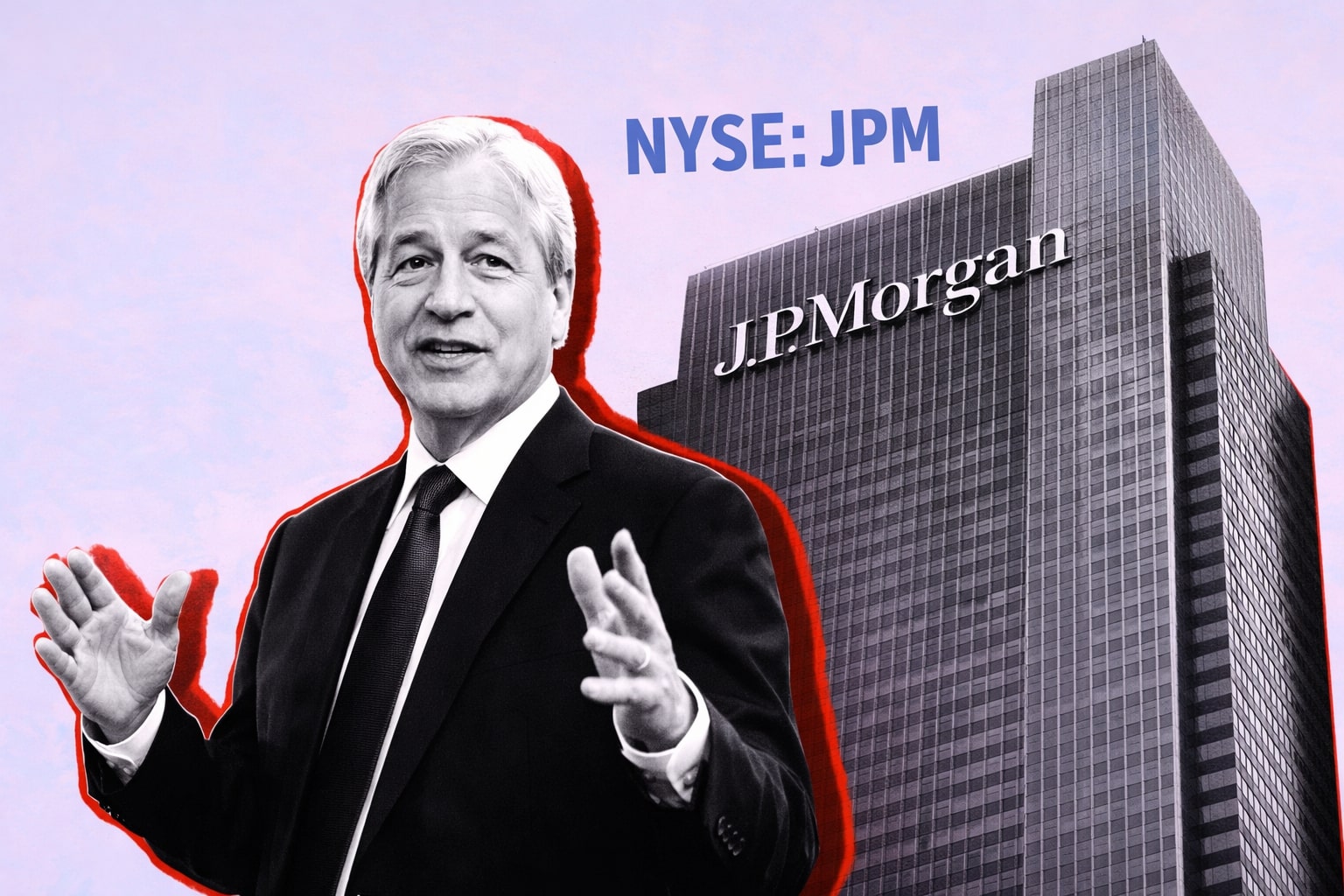
Credit Suisse Crisis Leads to $1 Billion Loss and Ammar AlKhudairy's Resignation as Chairman of Saudi National Bank
Ammar AlKhudairy Steps Down as Saudi National Bank Chairman After Credit Suisse Crisis Leads to $1 Billion Loss and Shakes Global Market
Ammar AlKhudairy, the chairman of Saudi National Bank, has resigned amid the turmoil surrounding the bank's substantial stake in Credit Suisse. The resignation follows a rapid decline in the value of the bank's investment in the troubled lender, amounting to a loss of approximately $1 billion. Saeed Mohammed Al Ghamdi, former CEO of Saudi National Bank, has been appointed as the new chairman, while Talal Ahmed Al Khereiji takes over as acting CEO.
The Saudi bank held a 9.8 percent stake in Credit Suisse, which faced a plummeting share price and uncertainty in the broader financial sector. In response to the crisis, the Swiss government brokered a takeover deal with domestic rival UBS, which paid $3.3 billion in an all-share agreement that included extensive government guarantees and liquidity provisions.
AlKhudairy's resignation comes after his comments that the Saudi bank would not increase its stake in Credit Suisse due to regulatory constraints. His remarks contributed to the decline in Credit Suisse's shares, ultimately prompting the Swiss government's intervention.
Saudi Finance Minister Mohammed Al-Jadaan acknowledged the various failures within the banking sector, including regulatory shortcomings. However, he noted that the risks present in the global financial system do not apply to Saudi Arabia, praising the conservative nature of the country's regulators.
Swiss financial regulator FINMA is reportedly investigating how to hold Credit Suisse executives accountable for the bank's troubles. As the dust settles, the Middle Eastern investors who have long backed global banks like Credit Suisse are likely to exercise increased caution in their future investments.
Read More
-
NLR ETF at $145.21: Uranium, Nuclear Power and the AI Baseline Energy Trade
14.01.2026 · TradingNEWS ArchiveStocks
-
XRP ETF Demand Lifts XRPI, XRPR and Bitwise XRP as XRP-USD Defends $2.10 Support
14.01.2026 · TradingNEWS ArchiveCrypto
-
Natural Gas Price Forecast - NG=F Slides Toward $3 as Warm Winter Clashes With LNG Demand
14.01.2026 · TradingNEWS ArchiveCommodities
-
USD/JPY Price Forecast - USDJPY=X Climbs Toward 160 as Japan’s Debt Fears Clash With BoJ Hike Hopes
14.01.2026 · TradingNEWS ArchiveForex


















